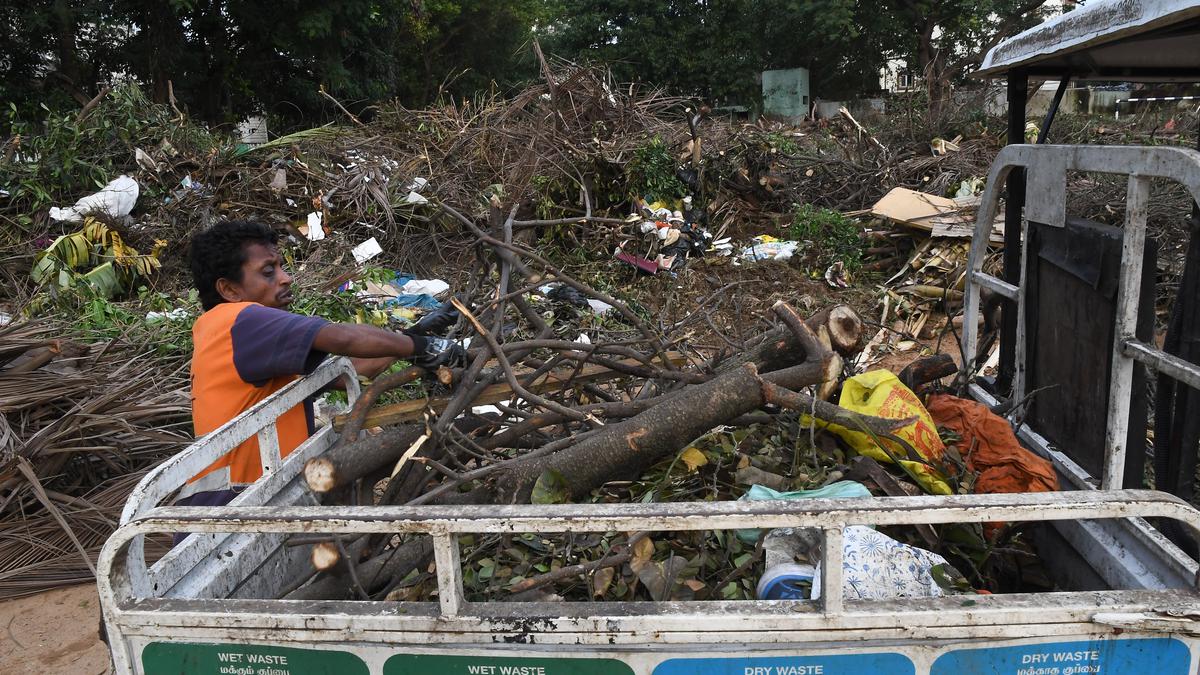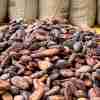
Gloves, masks provided regularly to sanitary workers: Chennai Corporation tells Madras High Court
The Hindu
GCC Commissioner J. Radhakrishnan informs Madras High Court of protective gear provided to sanitary workers, but some choose not to wear it.
Greater Chennai Corporation (GCC) Commissioner J. Radhakrishnan on Friday told the Madras High Court that gloves, masks and shoes were provided regularly to sanitary workers involved in segregating biodegradable and nonbiodegradable waste, but some workers choose not to wear the protective gear, citing inconvenience.
Appearing before a special Division Bench of Justices S. Vaidyanathan and P.T. Asha though a video call, the Commissioner said that even after the rains due to Cyclone Michaung, he had come across some sanitary workers segregating waste with their bare hands, without wearing the gloves provided to them.
“When I questioned, they replied that it is easy for them to do the job with bare hands. I told them, it may be easy for you, but the courts will put us all [local body officials] in jail. To that extent, I have impressed upon them to ensure that they do the job only after wearing the safety gear,” Mr. Radhakrishnan said.
Mr. Radhakrishnan made the submission when Justice Asha expressed shock over human beings made to segregate waste, and that too with bare hands. Referring to the ban on manual scavenging, she said, the law would equally apply to waste segregation and therefore every effort must be taken to segregate it at source.
Agreeing with her fully, the Commissioner said, around 50 to 60% of people and resident welfare associations were very active in segregating waste at source. It was the rest of the population that required to be educated about the need to segregate waste and they would be targeted in the days to come, he said.
Justice Asha lamented that the two-bin system had not been implemented even inside the Madras High Court campus or on Greenways Road where judges’ bungalows were located. “Only after I broached this subject during the last hearing, someone knocked at my door the next morning with two bins,” she said.













